Many of the startup leaders I work with are engineers or scientists by training. Transitioning from the structured world of engineering or science to the unpredictable landscape of startup entrepreneurship can be really daunting. Engineers and scientists thrive in environments with clear protocols and specifications, where ambiguity is often seen as a problem to be solved. However, in the dynamic world of startups, ambiguity is not a hindrance but an essential ingredient for innovation and growth. As an executive coach specializing in working with Founders, CEOs, and CTOs of startup businesses, helping these individuals reframe ambiguity as a necessary aspect of their journey is crucial. In this article, I’ll dig into some of the areas my clients and I often explore to help them get more comfortable with ambiguity.
Understanding Ambiguity as a Catalyst for Innovation:
Ambiguity, often perceived negatively, is the breeding ground for innovation in startups. It’s the space where creative solutions emerge, where new markets are discovered, and where disruptive ideas take shape. By reframing ambiguity as a necessary condition for growth rather than a barrier to progress, Founders can unlock their potential to innovate and adapt in the face of uncertainty. This usually requires a massive mental shift for startup leaders that have thrived with more structure and certainty.
Recognizing the Spectrum of Certainty:
While ambiguity may dominate the startup landscape, not everything is uncertain. Here is a critical point: Founders must learn to discern between what is certain, what is uncertain but manageable, and what is beyond their control. By focusing on what is within their sphere of influence, Founders can channel their energy and resources more effectively, mitigating risk and maximizing impact.
Seeking Clarity Through Experimentation:
Founders and startup leaders can also seek clarity through experimentation. Engineers and scientists are familiar with the concept of experimentation, but in the startup world, the stakes may feel higher. I often encourage Founders to start with small experiments to test assumptions and gather feedback. By breaking down larger goals into manageable experiments, they can reduce the fear of failure and learn to embrace uncertainty as part of the process.
Leveraging Strategic Planning and Scenario Analysis:
Strategic planning and scenario analysis are valuable tools for navigating ambiguity in startups. Founders can identify potential scenarios, assess their likelihood and impact, and develop contingency plans accordingly. By thinking through various possibilities and their implications, Founders can prepare themselves to adapt and pivot as needed, minimizing the impact of uncertainty on their business.
Cultivating a Learning and Iteration Mindset:
In a traditional engineering or scientific environment, success is often measured by meeting predefined specifications and standards. In the startup world, success is more about learning and iteration. We encourage Founders to shift their focus from achieving perfection to making progress through continuous learning and iteration. This is another big mental shift, and often takes a number of reminders that setbacks and failures are opportunities for growth and improvement.
Develop Adaptive Leadership Skills:
Effective leadership in a startup requires the ability to navigate ambiguity and inspire confidence in uncertain situations. I work with Founders to develop adaptive leadership skills, such as active listening, empathy, and resilience. Their teammates should also encourage them to seek input from diverse perspectives and to be open to new ideas and approaches.
Build a Support Network:
Startup Founders often face immense pressure and uncertainty, and having a strong support network can make a significant difference. I regularly encourage Founders to build relationships with other Founders, mentors, and advisors who can provide guidance, support, and perspective. Founder peer groups can also be a particularly powerful way for those with an engineering or scientific background to check their mindsets and expectations about ambiguity with others.
Transitioning from engineering or science to startup entrepreneurship requires a significant mindset shift, particularly in how one approaches ambiguity. By embracing uncertainty as an opportunity for growth and innovation, engineers/scientists-turned-Founders can learn to navigate the challenges of startup life more effectively. Through recognizing the spectrum of certainty, small experiments, leveraging scenario analysis, continuous learning and iteration, adaptive leadership, and a strong support network, Founders can develop the resilience and agility needed to thrive in the dynamic world of startups. With the right mindset and strategies in place, engineer/scientist-Founders can harness the power of ambiguity to drive innovation and success in their entrepreneurial journey.


